![]()
Plan 75 handles the pressing topic of Japan’s ageing population crisis with care and restraint. I admire how realistic and believable the radical assisted dying premise of the film feels, which makes it technically a sci-fi but more like a human drama in narrative. It’s a modest achievement in precision and humanity from debut director Chie Hayakawa. The problem is I just don’t think it’s very entertaining and it feels a bit emotionally manipulative, as you would expect with a film that’s 110 minutes long displaying old people getting shafted by the state.
With an attention demanding opening scene based on a real life incident, the story takes place in a near-future but familiar Japan in which the government has introduced a euthanasia program for the over 75’s. It’s a slow film which focuses on the intricacies and practicalities of the working age employees for the titular policy and their quiet support of the plan. This deliberate pacing I feel makes it difficult for the audience to remain engaged, but I also recognise the skill it takes from a director to make such an immoral practice seem so quickly agreed and acted upon by the consensus population. There’s a dark, disconnected and sombre feeling overall which can be seen as suitable for the plot, but I don’t feel it makes the film enjoyable or memorable.
Another area of Plan 75 that I feel I need to highlight as a problem is in its stereotypes of the elderly and of other nationalities. It’s sadly another film from recent years which feels the need to pigeonhole Filipino people as domestic workers in a precarious financial position. This economic migration pattern does ring true in parts of the world such as The Middle East and the developed Far East, but there’s nothing outside of a caricature here with the female actor playing Maria. Many other characters in the film lack personality and are not fully fleshed out as they are so consumed with the processes of the initiative. The elderly characters are powerless, frail and accept their destiny without question or resistance. I have so many unanswered questions about the motives and backgrounds of the cast, which in retrospect leaves me feeling alienated from the film and its attempted message.
The concept of state sanctioned killing has been richly explored in better movies such as Blade Runner and The Sea Inside, or TV shows such as The Handmaid’s Tale or The Leftovers. Overall, Plan 75 feels like a missed hit, and adds nothing original to the table on such an important moral topic.
